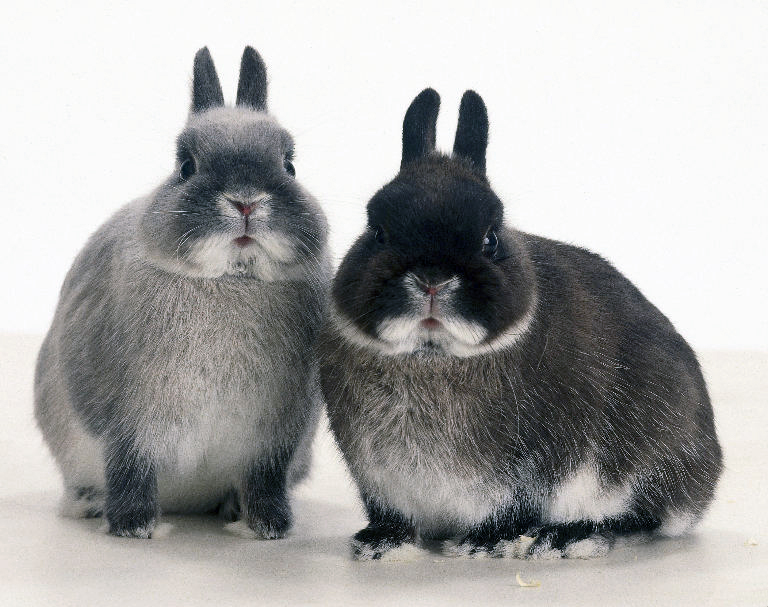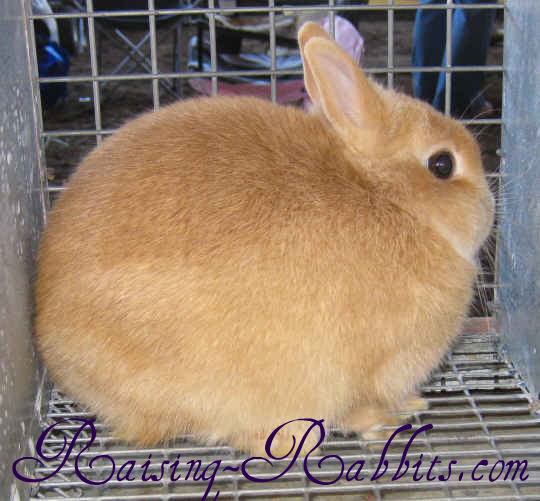

Whatever your preferences are, let’s have a closer look at rabbit colors – including some information about the genetics behind different rabbit coat colors. Perhaps you are a fan of rabbits with splotches and patches of color, or maybe you like a more classic looking bunny, one that is white all over, for instance. Find out where our PDSA vet experts recommend here.Welcome to our complete guide to rabbit colors!Īre you thinking about getting a pet rabbit? You might be interested to know what bunny colors are out there. Where you get rabbits from can have a big effect on how healthy and happy they are for the rest of their lives. Please be aware that we recommend rabbits are kept in pairs as they are highly social animals, so this will double the estimated costs.įor more information on taking care of your rabbits please visit our rabbit section. This does not include initial purchase cost, non-essential items (such as holiday care) or potential veterinary treatment of which an excess needs to be paid before your pet may be covered by pet insurance.

Preventive treatment such as flea, vaccinations and neutering.These costs are based on essential items such as: Symptoms can include a head tilt, unsteadiness and weakness of the hindlegs, neck spasm and urinary incontinence. cuniculi) – a parasite which can infect rabbits and cause significant disease. Check under the tail every day in the summer, when they’re more prone to maggot infestations. Make sure your rabbit stays clean if your rabbit can’t groom properly, they’re more likely to get dirty around the back end and become susceptible to flystrike. Flystrike – caused by flies laying their eggs on dirty fur, the eggs hatch into maggots which eat into the flesh and can kill a rabbit in a few hours.Myxomatosis – a viral disease, causing puffy eyelids, pus-producing conjunctivitis, swelling over the body and usually fatal, this disease can be prevented through regular vaccination.Rabbit haemorrhagic disease – a viral disease, causing anorexia, fever, exhaustion and quite often fatal, this disease can be prevented through regular vaccination.Other conditions that can affect rabbits include: One tablespoon of commercial rabbit nuggets (twice daily if your rabbit weighs over 3.5kg).A handful of suitable fresh greens twice a day.Possible health problems:Īll rabbits are at risk of developing painful dental disease if they are not fed on the correct diet. We recommend homing rabbits in compatible pairs, for example, a neutered male with a neutered female. Where possible, this needs to be recreated for our domestic bunnies, and living with a suitable companion has to be at the top of this list. It’s important to also remember that rabbits are highly social animals, and in the wild are used to living in large groups with a vast living area. For this reason, they’re better suited to families with older children who can spend time with them, creating a large, natural environment for their rabbits to enjoy which will allow them to express normal behaviours such as digging, binkying, and running. They don’t enjoy being picked up, and have very fragile backs that can break easily if they’re dropped.

As a breed, generally they can be quite timid and can be easily frightened.Īlthough historically seen as a child’s pet, rabbits aren’t really suitable for small children. They have short coats and weekly grooming should be enough to keep their coat in top condition. Netherland Dwarf rabbits are usually small, reaching an average adult weight of less than 1kg.


 0 kommentar(er)
0 kommentar(er)
